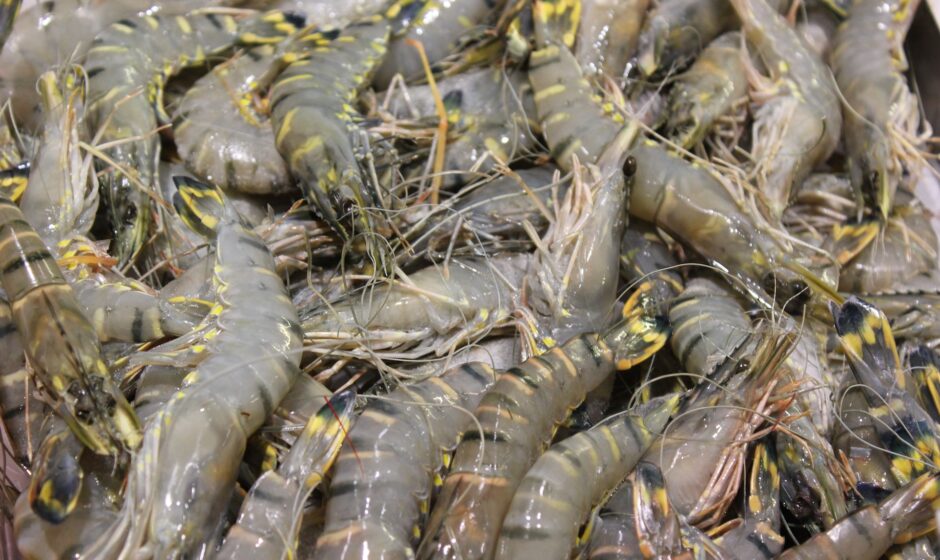A persistent network of illegal shrimp farms surrounding Surat International Airport is creating a dual threat of aviation hazards and urban flooding, prompting the city’s mayor to demand urgent action from district authorities.
The farms, concentrated in areas like Bhimpore, Abhva, and Khajod, attract large numbers of birds, leading to repeated and dangerous bird-strike incidents for aircraft. Beyond the flight path, these operations are exacerbating flood risks by obstructing natural rivulets on the Mindhola river estuary’s floodplain, which are essential for draining rainwater from the city.
The issue is caught in an administrative deadlock. City Mayor Daxesh Mavani has formally urged the district collector to intervene, as the Surat Municipal Corporation (SMC) cannot act unilaterally on what is primarily government land. “The ponds must be removed to prevent urban flooding and reduce the bird hit threat,” said Mayor Mavani, confirming the SMC’s readiness to provide logistical support, including heavy machinery, once officially requested by the collector’s office.
Officials from the district collectorate acknowledge the problem, stating that they conduct periodic raids on farms operating illegally and violating Coastal Regulation Zone (CRZ) norms. However, these enforcement actions have proven to be temporary solutions. “Our teams regularly monitor shrimp farms… and take periodic action,” an official stated, noting that operators often resume their activities within days of a raid.
The construction of these ponds has severely disrupted the region’s natural hydrology. Rainwater that once spread freely across the open floodplains now backs up due to the blockages, inundating low-lying urban areas during the monsoon season. Despite past efforts to seize equipment and drain the illegal ponds, the continued operation of these farms leaves both air passengers and city residents at unresolved risk.


